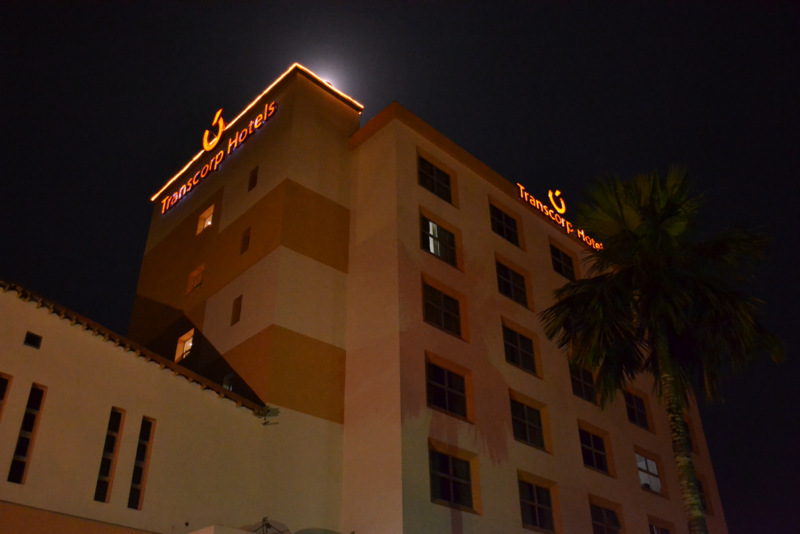Data from the Central Bank of Nigeria suggest total capital importation into the hotel sector of Nigeria fell to a 5 year low of about $750,000 in 2016.
[wpdatachart id=99]
The hotel industry in Nigeria is currently experiencing a supply glut as 3-4 star hotels dominate the skylines of major cities such as Lagos, Abuja and Porthacourt. A flurry of new hotels and recent developments have helped crash hotel room rates as well as drive down occupancy ratio of several of the hotels in Lagos.
Hotel occupancy room rates are said to have crashed below 40% in Lagos while, average room rates now stand at about $90 per night.
According to the data from the CBN, investments into the local hotel market has diminished from as high as $45 million in 2007 to about $750k (98%) in under 10 years. A combination of the 2014 Ebola breakout, threat of terrorism, the economic recession and crash in government expenditure has negatively impacted on the performance of hotels.
A weakened occupancy ratio and average room rate for an emerging economy like Nigeria is considered a huge disincentive for foreigners to invest in our hospitality sector. Issues around revenue sharing formula, management fees, development cost and project escalation due to over ambitious turnkey projects have also thought to have freaked foreign investors.
Currently, hotels in Lagos such as Federal Palace Hotel, Southern Sun, Eko Hotels, Intercontinental hotels are co-owned by foreign investors.
The Bureau of Statistics reported in its 2016 full year GDP report, that the accommodation and food services sector recorded a GDP negative growth rate of -5.3% compared to 2.3% and 18.3% in 2015 and 2014 respectively.







